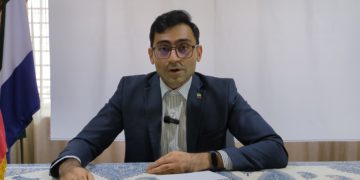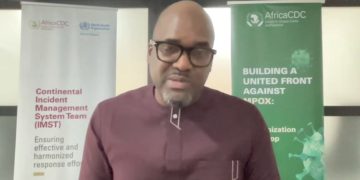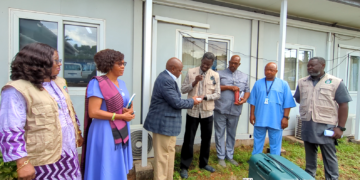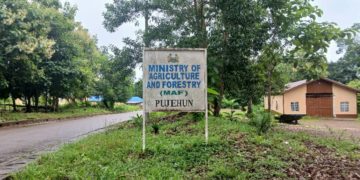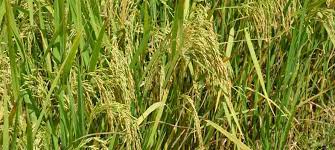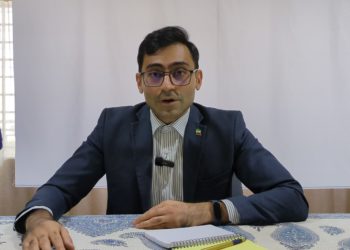By Cheryl Thomas
Civil Engineer, Jefery Bowlay-Williams has challenged widely held view of rice being a seasonal crop, arguing that the staple can be cultivated all year round if the right investment is done. The part-time farmer also said that only through a year-round cultivation, rather than the current two-month (April and May) cycle, can the country have a chance to attain food security.
“Rice needs water for growth. So if we have boreholes and hand dug water wells, rice can be cultivated right through the year, which would be sufficient for consumption throughout the year,” he told a panel at the just concluded 7th National Science and Leadership Festival (ScieLeadFest2024) in Kabala.
The panel discussion on the second day of the three-day event focused on food security. Five speakers deliberated on issues hindering Sierra Leone’s effort at ensuring food self-sufficiency and suggested possible way to realize it.
Rice is the major staple in Sierra Leone. The government spends between USD200million and USD300million annually on its importation, even though the country has vast arable lands to cultivate enough to feed itself.
According to Mr Bowlay-Williams, the locally grown brown rice, for instance, is of a better quality than the imported white rice, which most Sierra Leoneans consume. He says Sierra Leone only has to ensure it maximize the use of its arable land to change this status quo.
Bowlay-Williams shifted to agriculture since 2011. He cultivates different types of crops like tubers, vegetables and fruits in farms located in two separate locations – Newton and Hill Station.
As an engineer, his interest in using boreholes for effective rice cultivation grew through his involvement in water supply projects.
“On a daily basis, everybody eats farm produce two to three times, but everybody does not build houses everyday,” Williams later told ManoReporters in an interview.
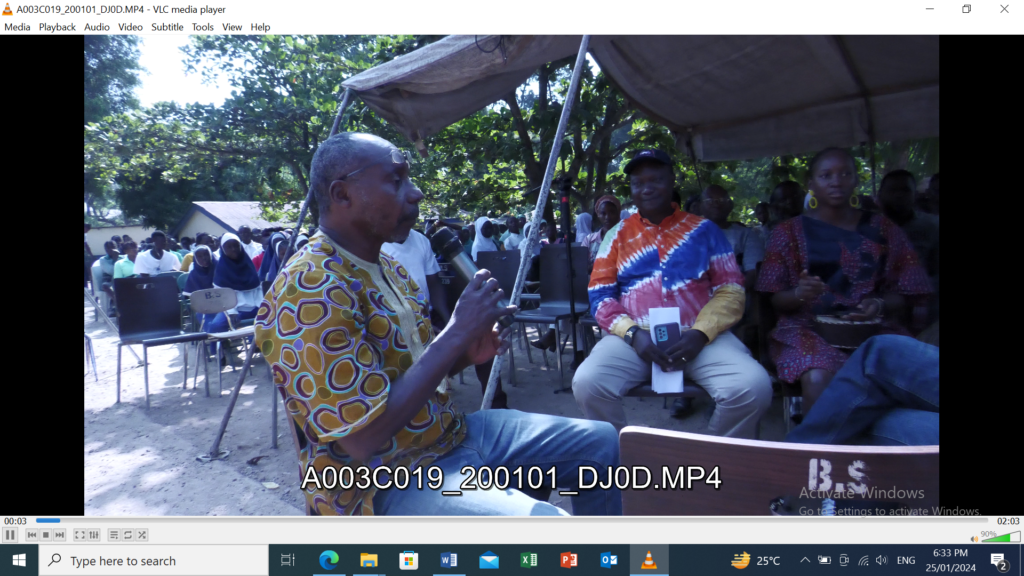
Also on the panel at the event held on the campus of the newly accredited Koindadugu College was final year Biology student, Sydnella Pratt, who shared her knowledge on the continuous complaints of rice inflation. She re-echoed Bowlay-Williams’ call for more farm lands to be put under cultivation, pointing particularly to the need for the involvement of the youths, and especially those residing in the provinces where land seem to be more available for cultivation.
“Flex on the farm like you flex on social media,” she said.
She urged them to embrace agriculture, against migrating to Freetown for “greener pastures,” noting that life in the city is not all rosy.
“Agriculture is a big source of income…With small farming investment in our communities, one will yield bountiful harvest, eventually,” noted Esther Feima Koroma, another panellist who is also a volunteer at Project 1808, which organizes the Science and Leadership Festival.
Geography Lecturer at the Miton Margai Technical University, Dr Papa N’jai, chaired the panel. He underscored the essence of having the “right people” and the “right materials” in efforts to ensure food security.
Having the right people makes way for a pro-active approach of imbibing the practice of agriculture for food security into the ever-welcoming minds of children, he said.
“Now that we (the older generation) are aging, let’s capture the minds of children while they are young,” he said.
Dr N’jai further explained that the right materials consist of supportive farm inputs like pesticides and fertilizers.
Experts say imported rice is less rich in nutrients and faces price volatility. Presently the price of rice goes up almost on a monthly basis, a situation importers blame on weak currency and high tax.
Those in support of promoting local production hope it will address the growing demand.
The current administration of President Julius Maada Bio has cited food security as one of its main priorities for the next five years, as captured in its Feed Salone initiative which was launched last year. It aims to harness Sierra Leone’s full agricultural potential to feed itself and sell food to others.

